Quality Dental Care in Turkey for Dutch Patients | A Safety Guide
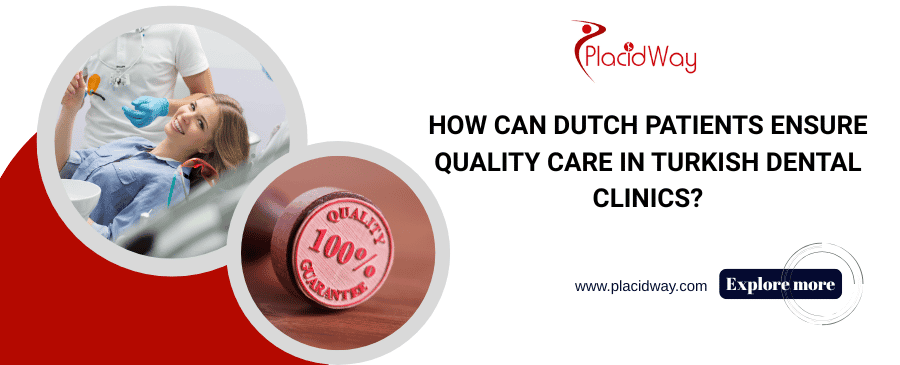
The idea of traveling for dental treatment in Turkey has gained immense popularity among Dutch patients, and for good reason. The promise of achieving a perfect smile with high-quality implants or veneers at a price that is often 60-70% lower than in the Netherlands is incredibly appealing. Add the opportunity to recover in a sunny, vibrant location like Istanbul or Antalya, and it’s easy to see why thousands make the trip each year. However, for anyone accustomed to the high standards of care in the Netherlands, the primary question isn't just about cost—it's about quality and safety.
How can you be certain that the care you receive in Turkey meets or exceeds the standards you expect at home? This guide is designed specifically for Dutch patients to navigate this process with confidence. We will walk you through every critical step, from verifying a clinic's credentials and understanding how Turkish standards compare to what you're used to, to managing aftercare once you're back home. Our goal is to provide you with the essential information needed to make an informed decision, ensuring your journey for quality care in Turkey is both successful and stress-free, leaving you with nothing but a beautiful, healthy smile.
Are Turkish dental standards comparable to Dutch (KNMT) standards?
This is often the main concern for Dutch patients. The KNMT sets a very high bar for dental care in the Netherlands. While Turkey doesn't have the KNMT, its private healthcare sector is robust and well-regulated. The Turkish Ministry of Health imposes strict licensing and operational standards on all dental facilities. Furthermore, the best clinics voluntarily seek out international certifications to prove their commitment to global quality.
Look for clinics that showcase these credentials. An ISO 9001 certification, for example, indicates that the clinic has a proven quality management system. While the regulatory body is different, the practical application of hygiene, use of high-quality materials, and modern technology in these certified clinics are on par with what you would find in a high-end Dutch practice.
How can I verify a clinic's quality and certifications?
Doing your homework is crucial. Don't just rely on a slick website or impressive before-and-after photos. Take these steps to perform your due diligence:
- Check for Certifications: Reputable clinics will proudly display their ISO or other international accreditation certificates. Don't be afraid to ask for a copy.
- Review the Dentists: Look up the individual dentists. Where did they receive their education? Do they have specialist training in implantology or cosmetic dentistry? A good clinic will have detailed profiles of their staff.
- Read Patient Reviews: Search for reviews specifically from Dutch or other European patients. This will give you an insight into their experience with communication, service, and the final results. Video testimonials are particularly insightful.
- Request a Video Call: A video consultation allows you to "meet" the patient coordinator and even the dentist. It gives you a feel for their professionalism and allows you to ask questions directly.
How much cheaper is dental treatment in Turkey versus the Netherlands?
The cost difference is the most significant driver for dental tourism Turkey. This is not due to inferior materials or a lower standard of care, but rather the lower cost of living, including staff wages, rent, and laboratory fees in Turkey. These savings are passed directly to the patient.
Here’s a table comparing average prices for common procedures. This demonstrates how you can receive the exact same treatment, often using the same German or Swiss brands for materials, for a fraction of the price.
| Procedure | Average Cost in Turkey (€) | Average Cost in Netherlands (€) |
|---|---|---|
| Single Dental Implant (Straumann/Nobel) | €500 - €900 | €2,000 - €3,000 |
| Zirconium Crown | €180 - €300 | €800 - €1,200 |
| E-Max Veneer (per tooth) | €250 - €400 | €900 - €1,300 |
| All-on-4 Dental Implants (per jaw) | €4,000 - €7,000 | €12,000 - €20,000 |
Will my Dutch health insurance (zorgverzekering) cover treatment in Turkey?
This is a critical financial question. Your basic Dutch health insurance (`basisverzekering`) will not cover elective dental procedures, whether at home or abroad. If you have a supplementary dental plan (`aanvullende tandartsverzekering`), there is a possibility of partial reimbursement.
Before you go, you must contact your insurance provider. Ask them directly if your policy covers treatment within the EU/EEA or worldwide. Some insurers may reimburse up to the amount the treatment would have cost in the Netherlands. You will need to provide them with a detailed invoice and treatment plan from the Turkish clinic. Always get confirmation in writing from your insurer about what they will cover.
Are there Dutch-speaking dentists or coordinators in Turkey?
Clinics understand that being able to communicate in your native language is a huge comfort. When researching clinics, specifically look for those that advertise Dutch-speaking staff. This is a key feature that high-end clinics catering to patients from the Netherlands will promote.
Your Dutch-speaking coordinator will be your guide, handling everything from your initial questions and scheduling to translating during your appointments and explaining aftercare. This eliminates any risk of misunderstanding and makes the entire experience much smoother.
What does a dental warranty cover when I return to the Netherlands?
A warranty is a sign of a clinic's confidence in its work. Before you agree to treatment, ask for the warranty policy in writing. Understand what it covers and what it excludes. Typically, the warranty will cover the cost of the dental and lab work to fix the problem, but not your flights or accommodation for the return trip.
The warranty is usually void if the issue is caused by external factors like an accident, neglect of oral hygiene, or not attending annual check-ups. It's important to have realistic expectations and to follow all aftercare instructions diligently to keep your warranty valid.
How is aftercare managed from a distance?
Your care doesn't stop once you fly home. The clinic will provide you with a full set of aftercare instructions and will be available for remote follow-up. You can send photos or have a video call if you have any concerns.
It is a very good idea to establish a relationship with a local dentist in the Netherlands before you go. Inform them of your plans. They can perform routine check-ups and cleanings upon your return and can be a point of contact if minor issues arise. While they won't be responsible for the Turkish clinic's work, they can help you maintain your new smile for years to come.
Ready to explore your options for world-class dental care that meets the highest standards of quality? Explore PlacidWay to find trusted, certified clinics in Turkey and get personalized quotes for your dental treatment today.


.png)
.jpeg)




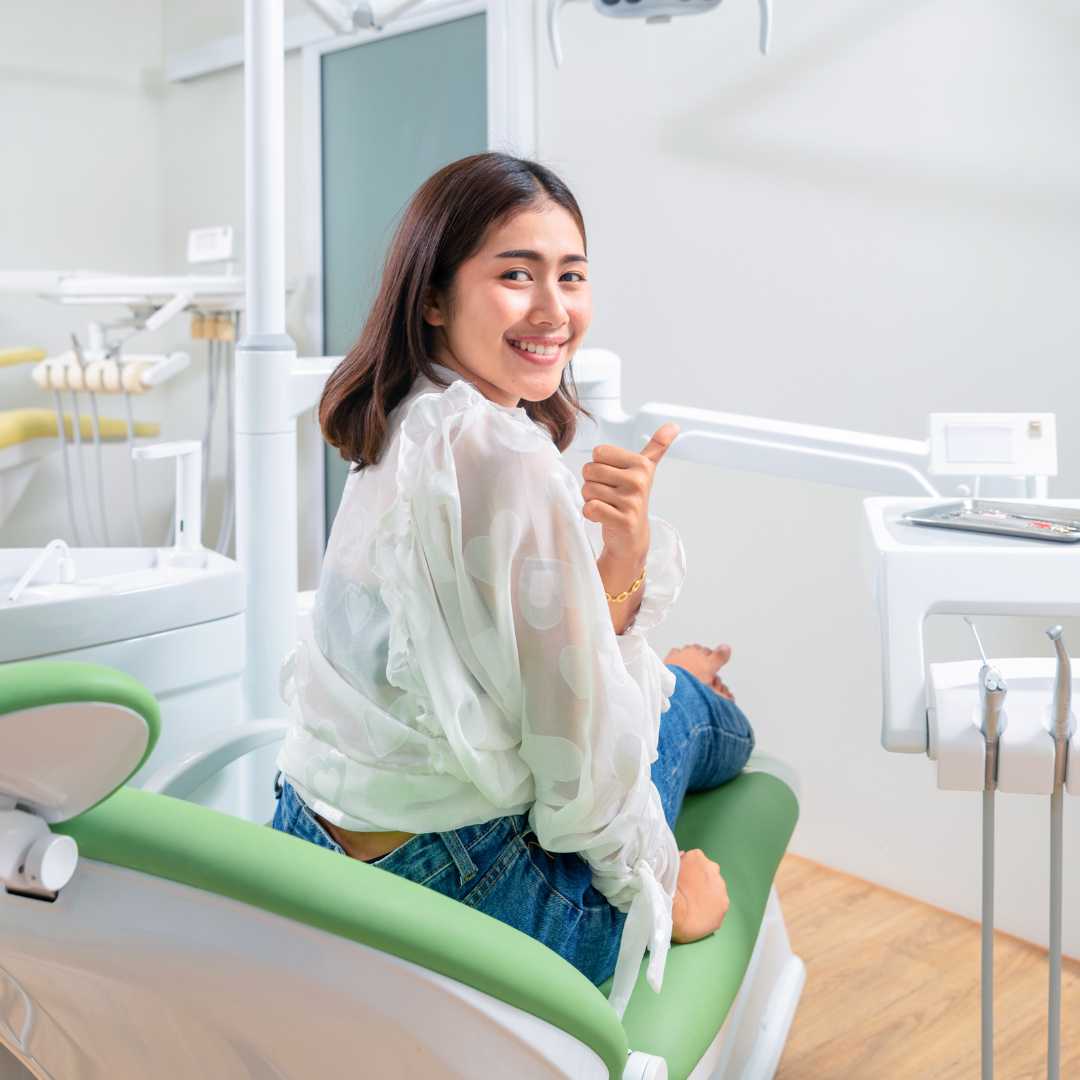
.png)
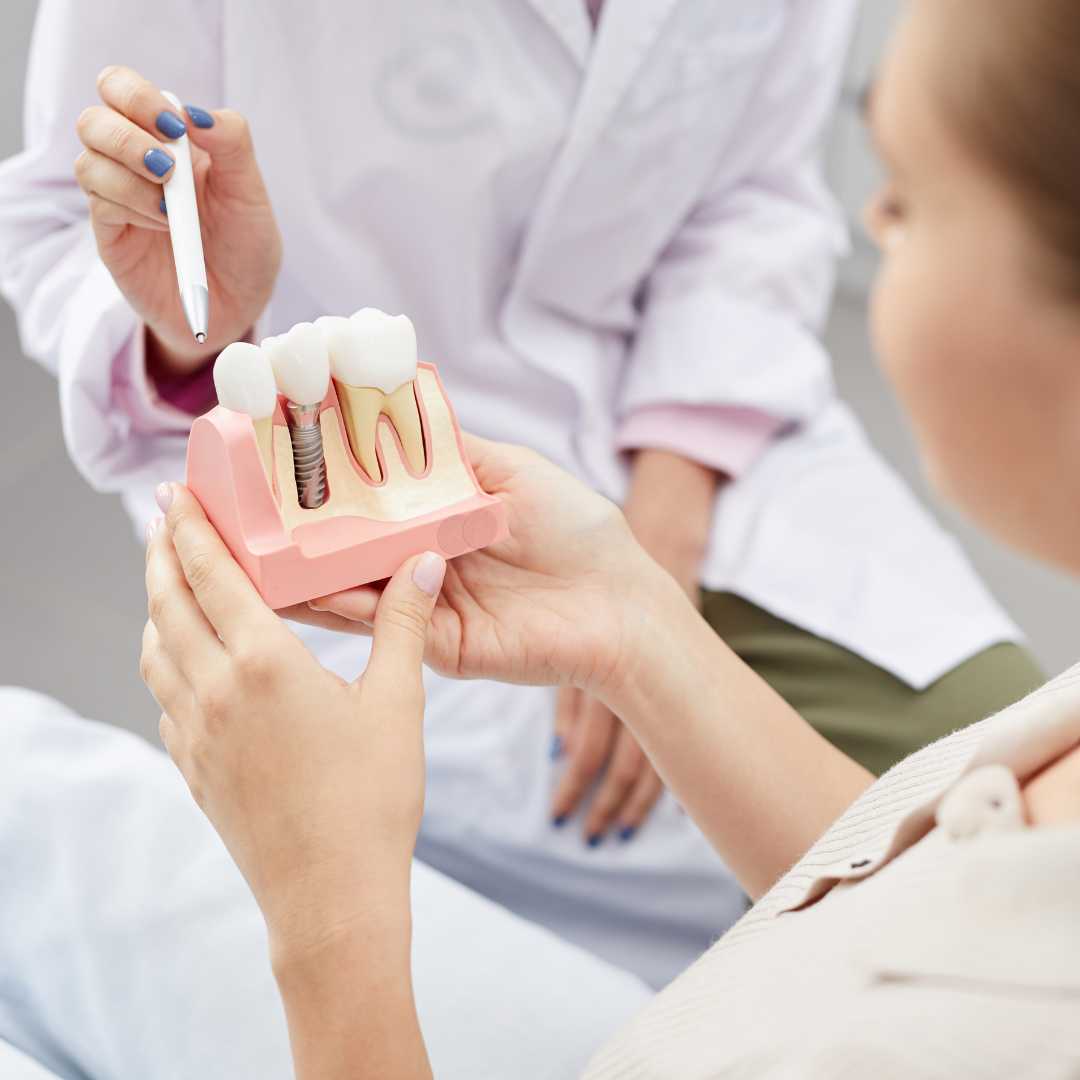
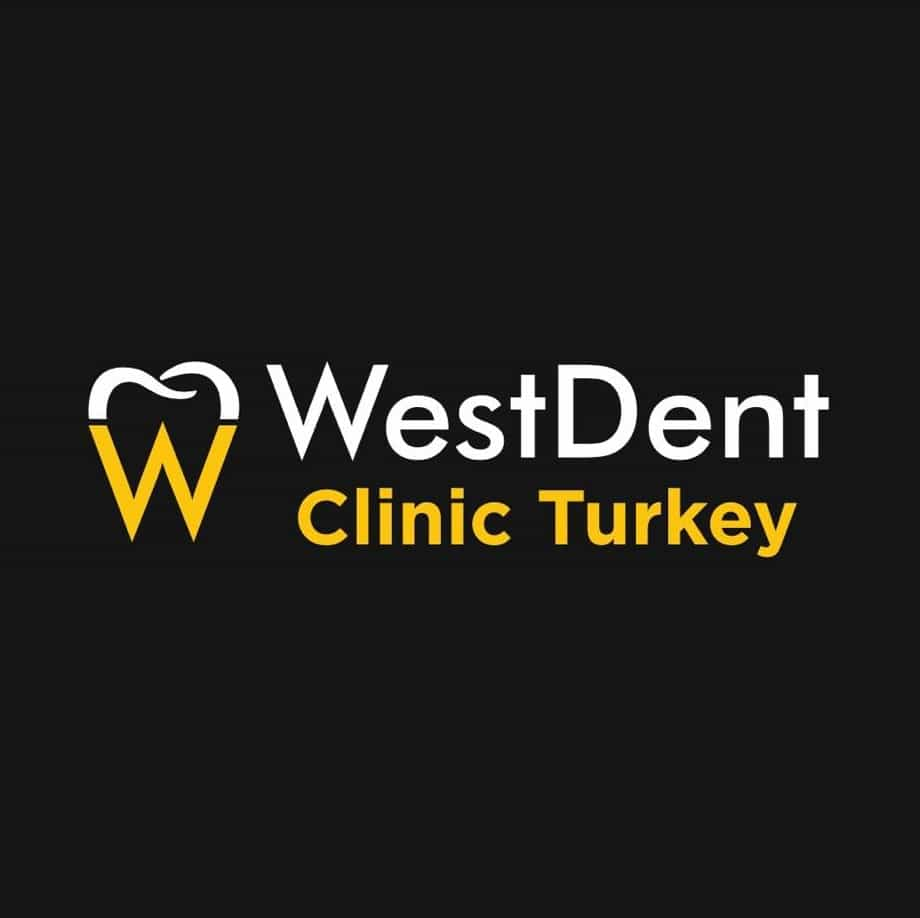
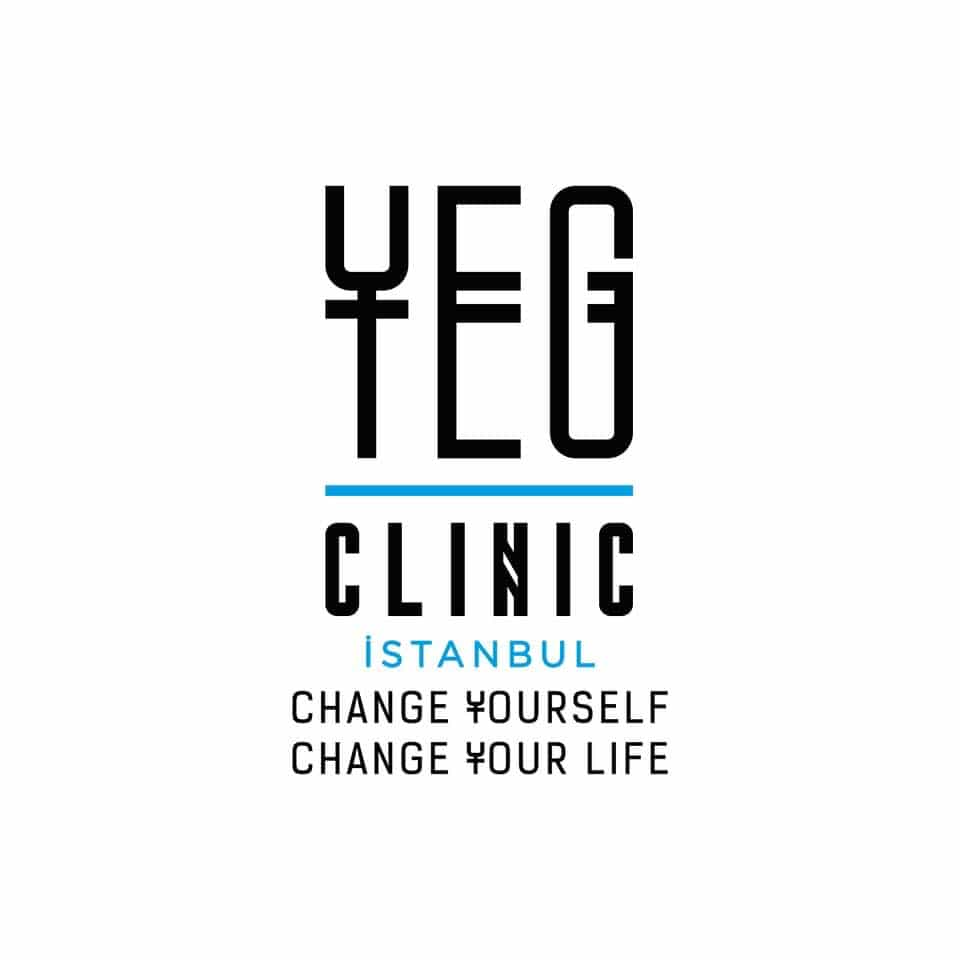
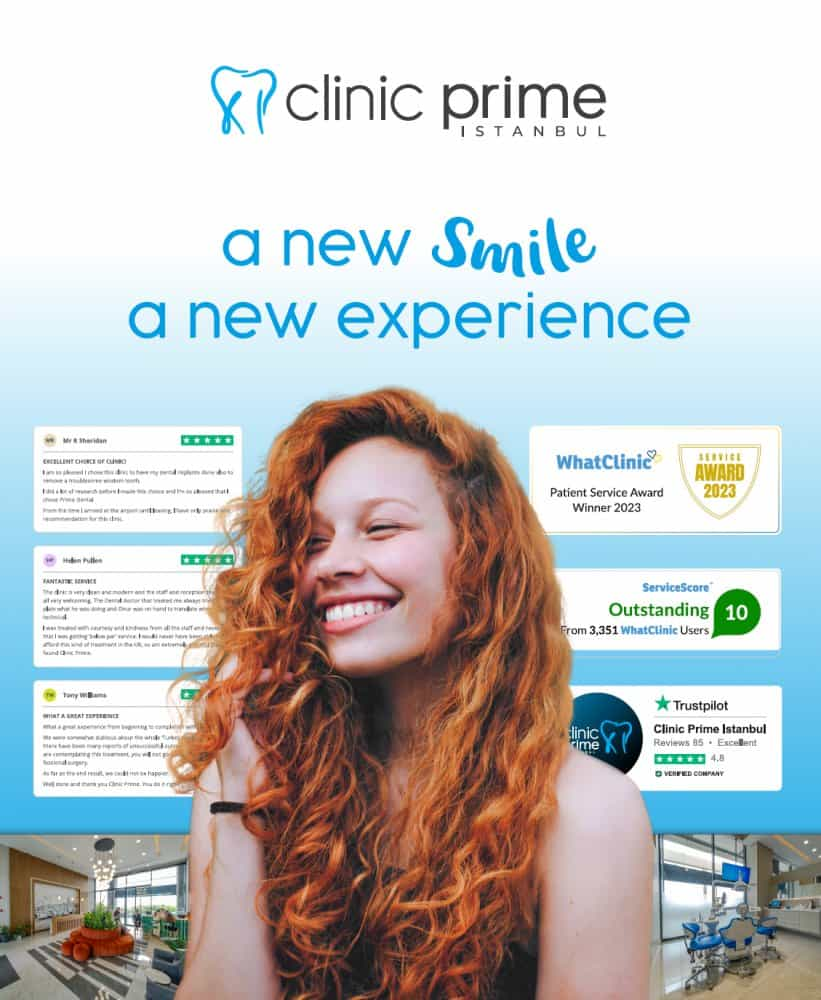

.png)

Share this listing